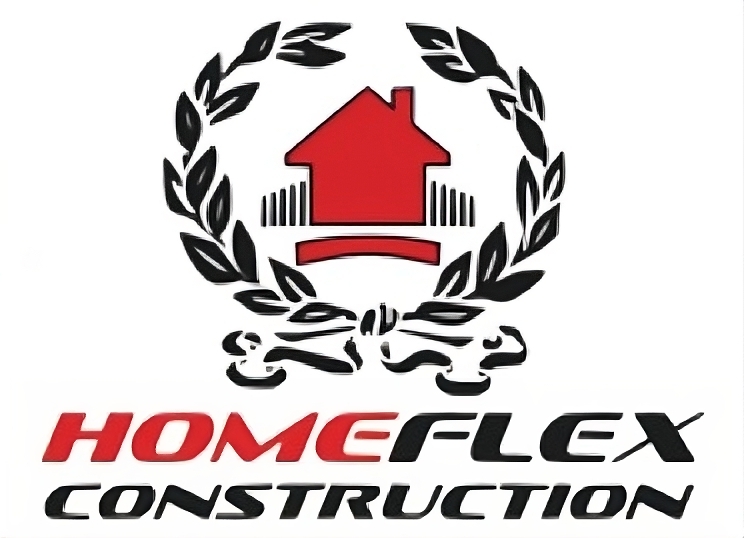
In the ever-evolving landscape of construction, the industry is undergoing a profound transformation. Technological advancements, sustainability imperatives, and changing consumer expectations are driving a wave of innovation. As we step into 2024, it’s crucial to cast our gaze on the horizon and anticipate the trends that will shape the future of construction. Here are seven key trends to watch.
1. Sustainable Construction Materials: Paving the Way to Greener Builds
Sustainability is no longer a buzzword; it’s a mandate for the future of construction. The industry is witnessing a shift towards eco-friendly materials that reduce environmental impact. Innovations like recycled steel, bamboo, and engineered wood are gaining traction, offering builders sustainable alternatives without compromising structural integrity.
2. Smart Construction Sites: Embracing the Power of IoT
The Internet of Things (IoT) is revolutionizing construction sites, enhancing efficiency, and improving safety. Smart wearables, connected machinery, and real-time monitoring systems are becoming commonplace. These technologies not only optimize resource utilization but also provide invaluable insights into project progress, minimizing delays and cost overruns.
3. 3D Printing: Reshaping the Blueprint of Construction
3D printing is poised to disrupt traditional construction methods. This technology allows for the rapid production of complex structural components with minimal waste. From printing entire buildings to intricate architectural details, 3D printing is streamlining construction processes, reducing costs, and opening new frontiers for design creativity.
4. Robotics and Automation: Building with Artificial Intelligence
The integration of robotics and automation is transforming construction sites into highly efficient, data-driven environments. Drones surveying large areas, autonomous vehicles transporting materials, and robotic arms performing repetitive tasks are becoming increasingly prevalent. These innovations not only increase productivity but also enhance worker safety by automating hazardous jobs.
5. Augmented Reality (AR) in Construction: Enhancing Visualization and Collaboration
Augmented Reality is breaking ground in the construction industry by offering immersive experiences for project planning and execution. Architects and builders can use AR to visualize designs in real-world contexts, identify potential issues, and streamline collaboration. This technology reduces errors, accelerates decision-making, and ensures that the final result aligns with the initial vision.
6. Modular Construction: Building Blocks for a Faster Future
Modular construction is gaining momentum as a time- and cost-efficient alternative to traditional building methods. Prefabricated components, manufactured off-site, are assembled like building blocks at the construction site. This approach reduces construction time, minimizes waste, and allows for greater standardization, offering a scalable solution for a variety of building types.
7. Green Roofs and Sustainable Architecture: Growing Upward
As cities become more densely populated, sustainable architecture is reaching new heights—literally. Green roofs, adorned with vegetation, provide insulation, reduce energy consumption, and mitigate the urban heat island effect. Embracing sustainable design principles, architects are incorporating green spaces into skyscrapers and high-rise buildings, creating a harmonious blend of nature and urbanity.
Looking Ahead: Navigating the Construction Landscape of Tomorrow
In conclusion, the future of construction is a dynamic tapestry woven with sustainable materials, intelligent technologies, and innovative methodologies. As the industry evolves, staying abreast of these trends is paramount for businesses and professionals alike. From sustainable construction materials to the integration of robotics and automation, the construction landscape is undergoing a remarkable transformation.
Embracing these trends not only positions companies as industry leaders but also contributes to a more sustainable and technologically advanced future. The construction industry of tomorrow is not just about erecting buildings; it’s about creating intelligent, sustainable, and resilient environments that stand the test of time. Keep an eye on these trends—they are the blueprints for the future of construction.

